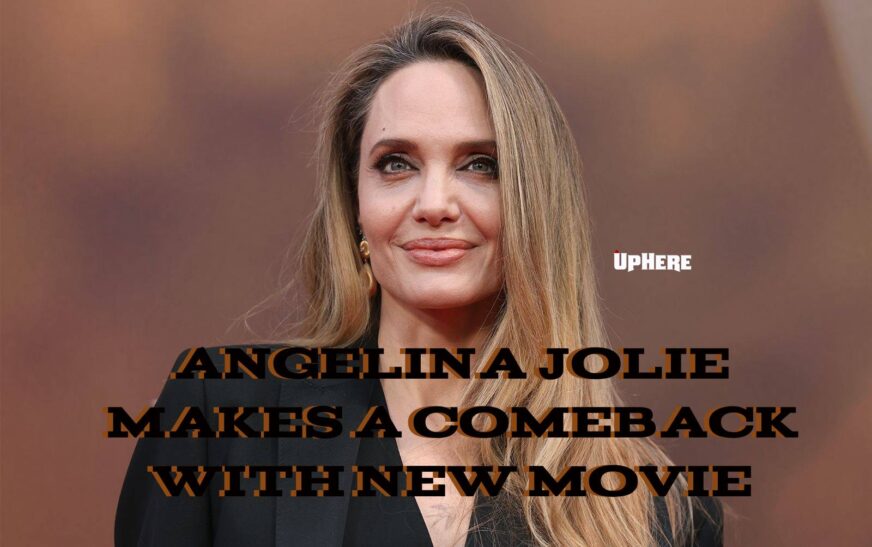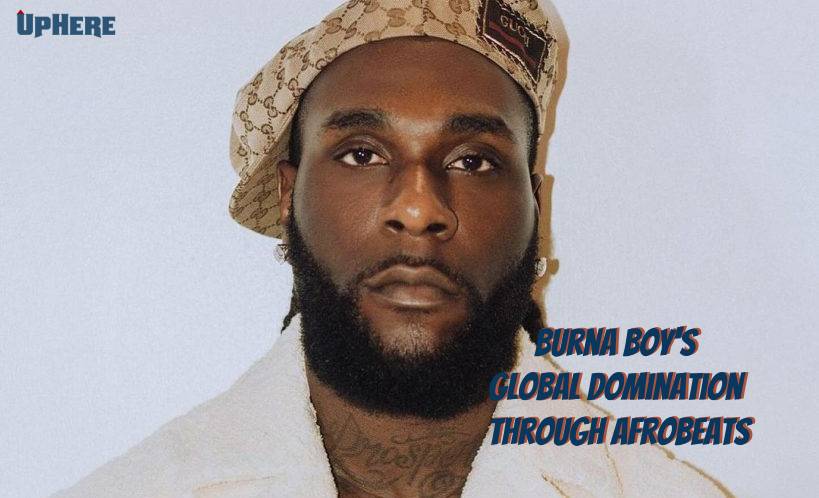Angelina Jolie is back on the big screen after a five-year break from acting with a role with the entire film world. Her comeback to the screen with “Maria” opened the Venice Film Festival to plenty of fuss because of her star wattage and the gripping true-life story that drives the movie. This time, it’s as the legendary opera singer Maria Callas, a character who requires an actor’s full emotional range and presence. Some praise her performance, while others say the film bombed.
Angelina Jolie’s last enormous acting credit was “Maleficent: Mistress of Evil (2019),” from which time she moved on to directing, producing, and philanthropy. Her comeback to acting after so many years had a feeling of almost being epic. Maria Callas is an ambitious credit, one of the top opera singers of the 20th century. Callas was a woman who suffered an unmatched career and a tragic personal life. Taking on a multifaceted character is no small feat, and for Jolie, it meant looking deeply into her ability as an actress and presenting a woman full of depth and complexity. This part requires a subtle interpretation for anyone acquainted with Callas’ life, her unstable love affairs, her struggles with her weight, and her effort to regain her career after it floundered. The film, directed by Italian filmmaker Luca Guadagnino, explores Callas’ final years, focusing on her inner struggles, the price of fame, and her relationship with the man who profoundly impacted her life, Greek shipping magnate Aristotle Onassis.
When Maria screened at the Venice Film Festival, its reception was similar. It received an uneven mix of accolades and skepticism. As if to contradict criticism, some pundits hailed Jolie’s rendering of Callas as soulful and multifaceted. They said Jolie’s nuanced yet commanding performance conveyed Callas’s heartache and fragility without becoming a caricature. There was an acknowledgment that Jolie’s brushes with fame and inner demons might have added authenticity to her performance as the opera singer.
However, not everyone was effusive in their praise. Some critics responded less favorably, finding the film in parts uneven, its narrative flat, and its pace languid. Where Jolie’s performance was generally seen as a highlight, some felt the movie didn’t measure up to what seemed like the promise of its subject. Many said that Callas’s character was walled in by a script that didn’t let her shine as brightly as she might have. Rather than explore Callas’ resilience and artistry in depth, the movie shockingly veered toward trite melodrama, robbing the performer of the complexity that makes her such a fascinating subject.
Check out this Article: Bruno Mars Dominates Global Charts In 2025
Despite the mixed reactions, Jolie’s performance is by far one of the more talked about elements of Maria. For an actress who has always tried on all kinds of very different characters, action heroes, and troubled mothers, Jolie’s transformation into Maria Callas is convincing and a measure of her versatility. When she approaches her ministerial character with meticulous makeup and costuming, her transformation is so profound as to feel authentic.
But the emotional depth Jolie delivers for Callas is more important than that. The movie presents the musician as both a diva and a troubled woman. Jolie’s performance beautifully elucidates her struggle with and desire for self-doubt and her unshakeable devotion to her art, both of which Callas’ compelling duality Jolie elicits with great tenderness. It’s a performance that serves as a reminder that Jolie has always been able to summon primal feelings with a glance or a low-key line.
If it isn’t going to be universally regarded as her career high point, it’s a terrific return to form. In a Hollywood that frequently appears to glorify style over substance, “Maria” is a film that cares about emotional truths and multiplicity, even if the result isn’t flawless. And in an age when star power is often more marketable than art, Jolie’s willingness to inhabit Callas’ skin and bones with such fervor is admirable and a breath of fresh air. Plus, the film lays the groundwork for much more interesting roles in the future. Angelina Jolie has always been an actress who seeks out meaty roles, and Maria shows that she still has the chops to do tough, psychologically taxing parts. Whether this movie will stand the test of time is yet to be seen, the magic hasn’t faded. She remains a powerhouse in Hollywood.
Maria may not be a great movie, but it’s certainly a great role, and it’s a tribute to the magic of a great actress finding the strain of a great role he can use. Whether or not it proves her best is subjective, but Jolie’s return cannot be ignored, if only for its reminder of her great talent and ability to play roles of weight. Whether or not this is her magnum opus remains to be seen, but it serves as an exciting insight into what Angelina Jolie has left to give the world of cinema.














